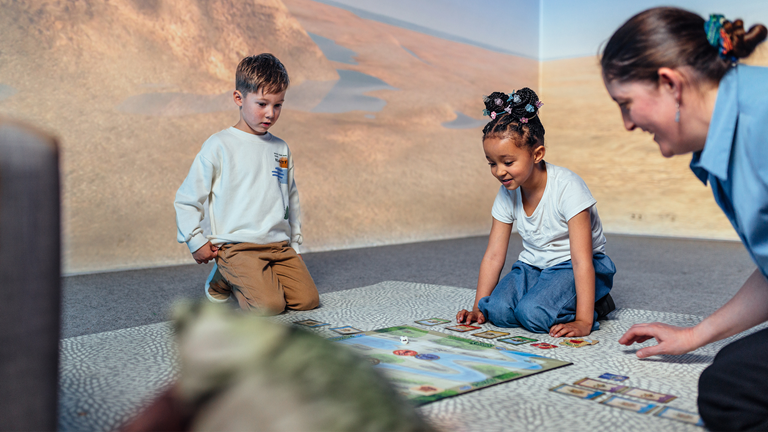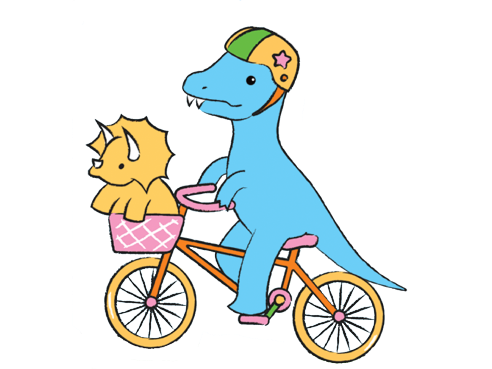
STEM Numeracy: Nurturing Mathematical Minds in Early Childhood
From birth, children constantly strive to make sense of the world. Development of mathematical thinking starts early and is nurtured by caring adults who model problem-solving and promote positive attitudes towards maths. Museums Victoria’s new STEM Numeracy program is designed for early childhood professionals to identify and extend mathematical thinking in children aged 3-6 years.
Growth mindset is a necessary part of becoming an effective learner and can create a love of learning and understanding that persistence with increased motivation and effort leads to improvement.Early Years Learning Framework 2.0, 2022
Upcoming Virtual sessions
New Virtual STEM Numeracy Professional Learning sessions are now open to all early childhood educators and teachers who are working with children at a service that receives Victorian government funding for a kindergarten program.
Sessions are held twice annually at a variety of times within the same week. Participants do not need to attend multiple sessions as the same information is repeated.
Please note: Participants who are new to the key role STEM plays in early childhood are encouraged to complete the introductory STEM Curious program prior to attendance. This workshop complements our other programs, STEM Curious and STEM Beyond, with a focus on assessment.
Eligibility
We are thrilled to offer STEM Numeracy as a free program in partnership with the Department of Education (Victoria) for educators and teachers working with children at services that receive funding for a kindergarten program, i.e. have the purple ‘kinder tick’).
Including room leaders, educators, ECTs, Educational leaders (or a combination of the above), if you fulfil the above criteria, you are eligible to attend this workshop.
To check if your centre is eligible, search for your service at: Find A Kinder Program – Department of Education, Victoria.
If you have any questions regarding eligibility, you can email us at [email protected].
Additional information
The latest research indicates adults’ attitudes towards learning maths directly impacts children’s development of mathematical concepts. By providing examples of extended learning experiences and unpacking them with an assessment lens, STEM Numeracy ensures educators are leaving with the tools to support the children in their care to not only experience success, but also learn to handle failure.
All children benefit when assessment reflects a whole-child approach that may include their health and wellbeing, reveals their strengths, and shows what might next be learnt.VEYLDF, p13
This is encapsulated within the VEYLDF Practice Principle of Assessment for Learning and Development.
Museum Teachers
Museum Teachers welcomes early childhood teachers and early childhood educators employed by an early childhood service.






